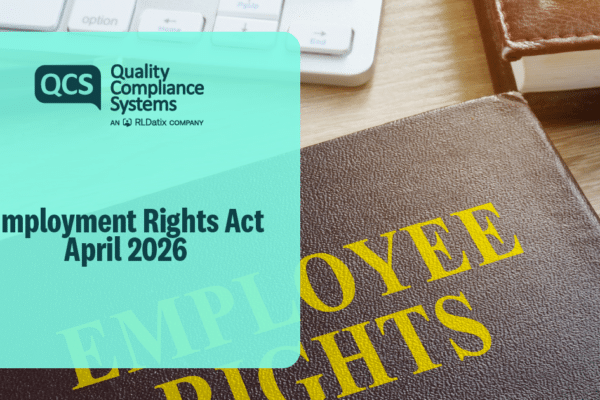I recently read the blog from David Beckingham, QCS Contributor about disclosures by the police regarding compulsory detentions under the Mental Health Act 1983. See blog David’s blog post here.
The article touched upon the implications for a former patient detained under the Mental Health Act relating to future employment, particularly if the police disclose details the use of S.136 MHA. It explained that newly issued guidelines to police forces in England and Wales, and it would not always be appropriate or proportionate to disclose the use of this section to potential employers as part of a DBS check which may affect someone’s job application. The guidance can be viewed here.
The police recognise that the impact of disclosing a person’s experiences with mental health can have long term damaging implications for a person’s private life and employment opportunities. Make no mistake, there remains an unacceptable stigma attached to mental health and, notwithstanding the Equality Act 2010, some employers may still discriminate against a person based on their past or current health issues.
Furthermore, any employer carrying out proper pre-employment checks which include medical questionnaires (only after an offer of employment has been made – see below) may also unearth similar disclosures in the medical questionnaire about past mental health issues.
So, to take David’s blog one step further, employers who receive a DBS check which disclose a s.136 MHA issue also need to bear in mind their obligations under the Equality Act 2010 when processing that person’s job application.
Under the Equality Act 2010, it is unlawful for an employer to:
- Discriminate directly by treating a job applicant or employee less favourably than others because of disability. However, positive discrimination in favour of a disabled job applicant or employee (treating them more favourably than a non-disabled applicant or employee) is allowed.
- Discriminate by treating a job applicant or employee unfavourably because of something arising in consequence of disability without objective justification.
- Discriminate indirectly by applying a provision, criterion or practice that disadvantages job applicants or employees with a shared disability without objective justification.
- Fail to comply with its duty to make reasonable adjustments where a disabled job applicant or employee is placed at a substantial disadvantage.
- Subject a job applicant or employee to harassment related to disability.
- Victimise a job applicant or employee because they have made or intend to make a disability discrimination complaint under the Equality Act 2010.
- Ask job applicants pre-employment health questions other than for a prescribed reason. Note this restriction applies only until a job offer has been made.
The Equality Act 2010 protects not only those who have disabilities, but also those who have had disabilities in the past.
As such, employers need to take extreme care if they receive a DBS check which discloses a past mental health issue, and not to react and either reject an application or withdraw an offer of employment. To do so may well fall foul of one, or more, of the provisions outlined above unless the decision could be objectively justified, i.e. there was evidence that the job applicant was unfit to do the job or their particular condition is such that there was a high risk of recurrence and which could place vulnerable adults or children at risk. Medical evidence would be needed to support such a conclusion, otherwise there would be a real risk of discrimination claim..
Oliver McCann, Employment Partner, Napthens LLP – QCS Expert Employment Law Contributor





